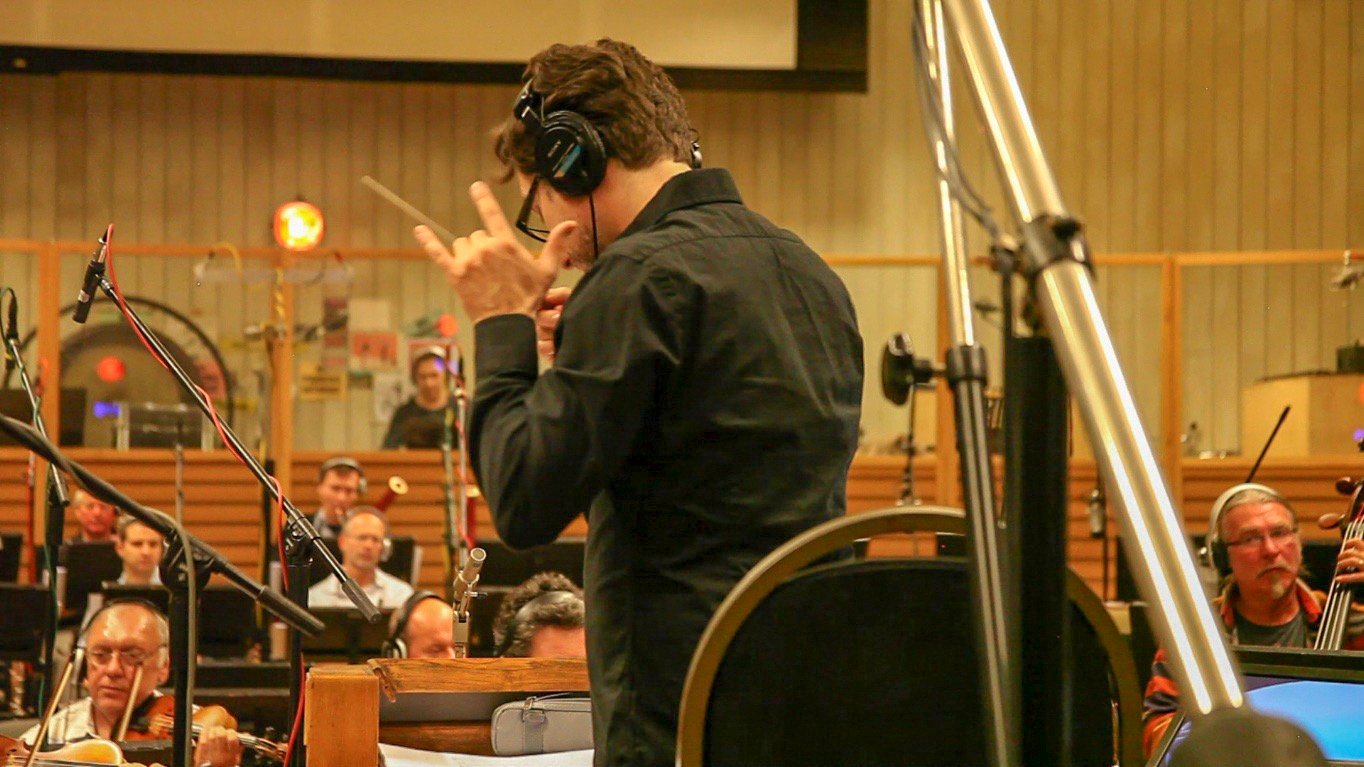Self-acceptance can be defined as the recognition and embracement of all facets of oneself, including both strengths and weaknesses. Acceptance does not mean being complacent with mediocrity or condoning destructive behaviors, but rather it’s about acknowledging your current state with an open heart and mind, devoid of judgment. Encapsulating both your triumphs and tribulations, self-acceptance is a journey, not a destination, one that fosters growth, resilience, and above all, unconditional love towards oneself. Ultimately, it’s the understanding and affirmation that you are enough, just as you are.
In life, we often find ourselves longing for things we don’t have. We become distressed by our perceived shortcomings, comparing ourselves to others who seem to possess the very qualities or talents we desire. But as Marcus Aurelius wisely said, “When you are distressed by an external thing, it’s not the thing itself that troubles you, but only your judgment of it.”

I can relate to this sentiment, particularly when it comes to my creative abilities and intelligence. For years, I have been plagued by the feeling that I failed to achieve my potential, that I was lazy at school, or that I am unable to imagine good music or stories. I’ve tried tirelessly to acquire new skills, become more accomplished, and achieve better outcomes in the market, but it always seemed just out of reach. It became a source of frustration and self-doubt.
Nearly 85% of people struggle with self-esteem issues globally.
My experiences in education, my cultural background, and what the market seemed to value caused me to try to gain talents that didn’t come naturally while overlooking and undervaluing the unique abilities I already possessed. In this era of social media, it’s all too easy to miss recognizing your own value in a haze of societal norms and expectations. A lens that often coerces us into devaluing our own unique abilities and strengths.
Learning to appreciate yourself often involves a tectonic shift in perspective. Instead of indulging in the despair of unattained skills, choose to focus on your inherent gifts.
If you’re grappling with feelings of inadequacy or striving for a skill that appears to be elusive, ask yourself this essential question – are you overlooking your own unique talents in the pursuit of societal standards?
Dismantling deeply ingrained belief structures takes time. But the results can be transformative. Embracing my unique attributes has instilled in me a newfound sense of self-acceptance and joy. It has empowered me to not only reach new heights in my endeavors but also to serve as an inspiration for others facing similar struggles.
Self-acceptance can be hindered by societal pressures and unrealistic standards of perfection.
However, there comes a point in life when it becomes important to acknowledge that not everything we desire is meant to be a part of our journey. It is in these moments that we must shift our perspective and learn to appreciate what we do have.
Remember, it’s the varied hues and patterns that make a mosaic beautiful. Embrace your unique abilities, cherish your individual strengths, and allow yourself to shine in your own unique way. Celebrate who you are, for there is nobody else in the world quite like you!
To be yourself in a world that is constantly trying to make you something else is the greatest accomplishment.
Ralph Waldo Emerson
Instead of dwelling on my perceived shortcomings, I have learned to focus on the unique abilities and talents that I possess. I may not be able to create scores and melodies like Hans Zimmer or John Williams, but I have other strengths that bring joy and fulfillment to my life. I have a knack for practical problem-solving and teaching children.
By embracing what we have, we open ourselves up to new possibilities and experiences. We begin to see the value in our own individuality and the contributions we can make to the world around us. It’s not about comparing ourselves to others or trying to fit into a mold that doesn’t align with who we truly are.
The privilege of a lifetime is to become who you truly are.
Carl Jung
So, if you find yourself distressed over something you don’t have, remember that it is your judgment of it that is causing the turmoil. Take a step back and appreciate the unique qualities and talents that make you who you are. Embrace what you have, and you may just discover a world of fulfillment and contentment that you never knew existed.
Practical Tips for Cultivating Self-Acceptance
Imagine a world where you feel perfectly comfortable in your skin, embracing and acknowledging every trait and quirk that makes you unique. How does that sound? Absolutely refreshing, right? The good news is, self-acceptance isn’t a far-fetched fantasy. It’s a journey you can embark upon today, and we’re here to guide you every step of the way. Let’s dig into some practical, surefire ways to foster self-acceptance.
Recognize Your Strengths
One of the first steps towards self-acceptance is recognizing your strengths. Each person has a unique set of abilities and talents that make them one-of-a-kind. Identify these positive qualities, list them down, and reflect upon them regularly. Doing this will not only build your self-esteem but will also help you appreciate your individuality.
Be Kind to Yourself
Self-acceptance cannot bloom in an environment of self-criticism. So it’s high time to ditch the negative self-talk and start treating yourself with kindness and compassion. Whenever you notice yourself engaging in harsh self-criticism, remind yourself that it’s okay to be imperfect. Grant yourself the same kindness you’d offer to a cherished friend.
Embrace Imperfection
The fear of being imperfect often stands as a hurdle on the pathway to self-acceptance. It’s essential to understand that being human encompasses making mistakes and having imperfections. Embrace your flaws as part of what makes you ‘you’. Remember, it’s the ceaseless pursuit of perfection that causes distress, not imperfection itself.
Seek Support When Needed
Self-acceptance is a personal journey, but at times, external help can make the road a lot smoother. If you find yourself struggling excessively with self-acceptance, consider finding a life coach or a therapist. Such professionals can provide a fresh, unbias perspective and equip you with constructive strategies to accelerate your journey towards embracing yourself.
Practice Mindfulness
Mindfulness means staying present, alert, aware, and open to your feelings. By practicing mindfulness consistently, one can learn to stay in tune with their emotions, thereby gaining a clearer understanding of their thoughts and feelings. Over time, this can foster a more compassionate and accepting relationship with oneself.
The journey to self-acceptance may not be easy, but it’s definitely worth the effort. So, start embodying these strategies today, and gradually, you’ll see yourself blossoming into the happiest, most authentic version of yourself.


Pingback: Beyond the Social Hierarchy: A journey towards authentic self-reflection - Mark Slater